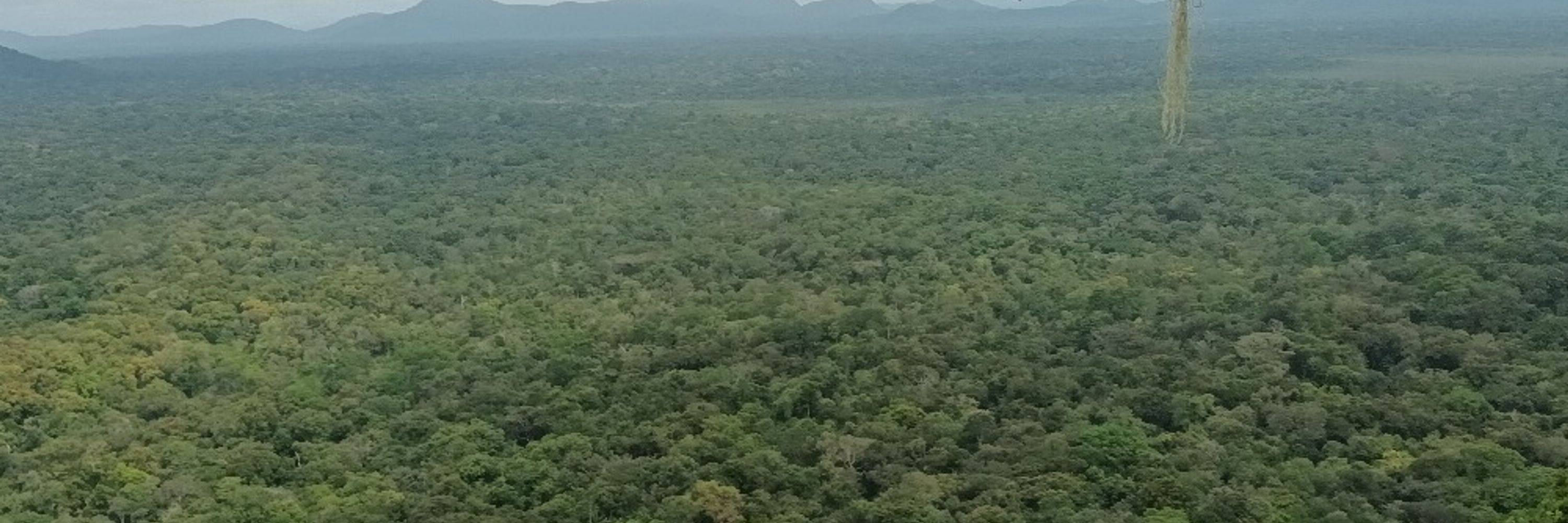
Ariadne Collins
@yolandaariadne.bsky.social
Lecturer/Assistant Prof, IR, University of St. Andrews: Working on Forests, Conservation, Colonialism, Climate Change. Views my own
Grateful if you could add me and @anthfletch :)
November 19, 2024 at 11:52 AM
Grateful if you could add me and @anthfletch :)
(6)t advocates that the fruits of these oppressive histories be reckoned with through processes of decolonization. Available at www.ucpress.edu/book/9780520... Discount code: UCPSAVE30
May 2, 2024 at 6:21 PM
(6)t advocates that the fruits of these oppressive histories be reckoned with through processes of decolonization. Available at www.ucpress.edu/book/9780520... Discount code: UCPSAVE30
(5) Overall, the book situates these challenges in the inattentiveness of global environmental policies to roughly five hundred years of colonial histories that positioned the forests as places of refuge and resistance.
May 2, 2024 at 6:20 PM
(5) Overall, the book situates these challenges in the inattentiveness of global environmental policies to roughly five hundred years of colonial histories that positioned the forests as places of refuge and resistance.
(4) Adopting a multisited ethnographic approach, it takes readers into the halls of policymaking, into conservation development organizations, and into forest-dependent communities most affected by environmental policies and exploitative colonial histories.
May 2, 2024 at 6:19 PM
(4) Adopting a multisited ethnographic approach, it takes readers into the halls of policymaking, into conservation development organizations, and into forest-dependent communities most affected by environmental policies and exploitative colonial histories.
(3) I explore REDD+ in Guyana and neighboring Suriname, two highly forested countries in the Amazonian Guiana Shield with low deforestation rates. Yet REDD+ implementation there has been fraught with challenges.
May 2, 2024 at 6:19 PM
(3) I explore REDD+ in Guyana and neighboring Suriname, two highly forested countries in the Amazonian Guiana Shield with low deforestation rates. Yet REDD+ implementation there has been fraught with challenges.
(2) In it, I interrogate the most ambitious global plan to incentivize people away from deforesting activities: the United Nations–endorsed Reducing Emissions from Deforestation and Forest Degradation (REDD+) initiative.
May 2, 2024 at 6:18 PM
(2) In it, I interrogate the most ambitious global plan to incentivize people away from deforesting activities: the United Nations–endorsed Reducing Emissions from Deforestation and Forest Degradation (REDD+) initiative.
Thanks to colleagues at St Andrews IR and others for their feedback and support in developing it. Full text available here: www.sciencedirect.com/science/arti...
January 8, 2024 at 1:21 PM
Thanks to colleagues at St Andrews IR and others for their feedback and support in developing it. Full text available here: www.sciencedirect.com/science/arti...
It charts ‘A Political Ecology of Atmospheres’ recognizing, as Bryant (1998) did some time ago, that “unequal power relations are as likely to be ‘inscribed’ in the air … as they are to be ‘embedded’ in the land”.
January 8, 2024 at 1:20 PM
It charts ‘A Political Ecology of Atmospheres’ recognizing, as Bryant (1998) did some time ago, that “unequal power relations are as likely to be ‘inscribed’ in the air … as they are to be ‘embedded’ in the land”.
To answer this, the paper combines insights from the natural sciences and from debates on ‘volume’ to argue that one means of understanding these human-environment relations is by paying more attention to atmospheres.
January 8, 2024 at 1:19 PM
To answer this, the paper combines insights from the natural sciences and from debates on ‘volume’ to argue that one means of understanding these human-environment relations is by paying more attention to atmospheres.

